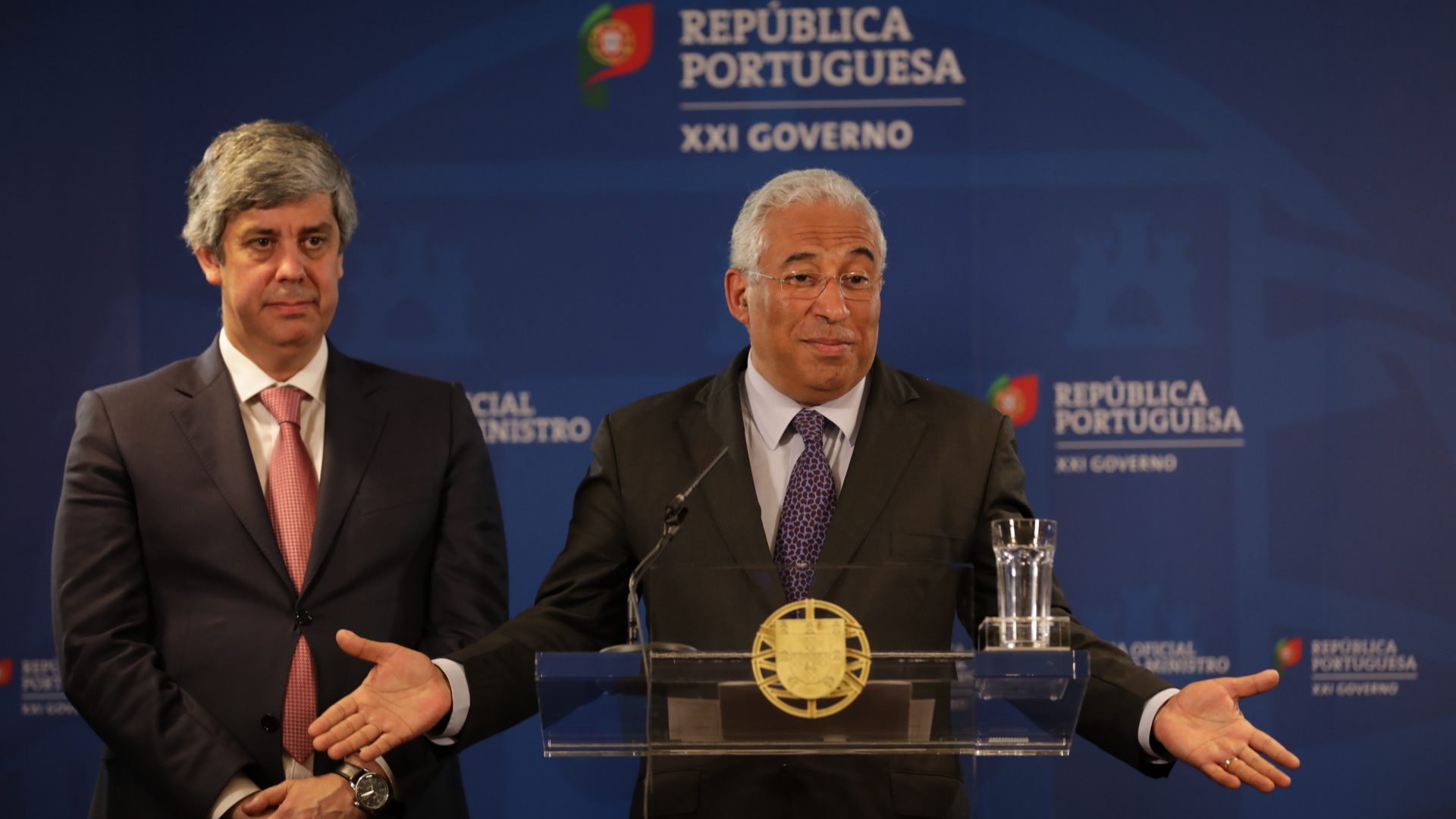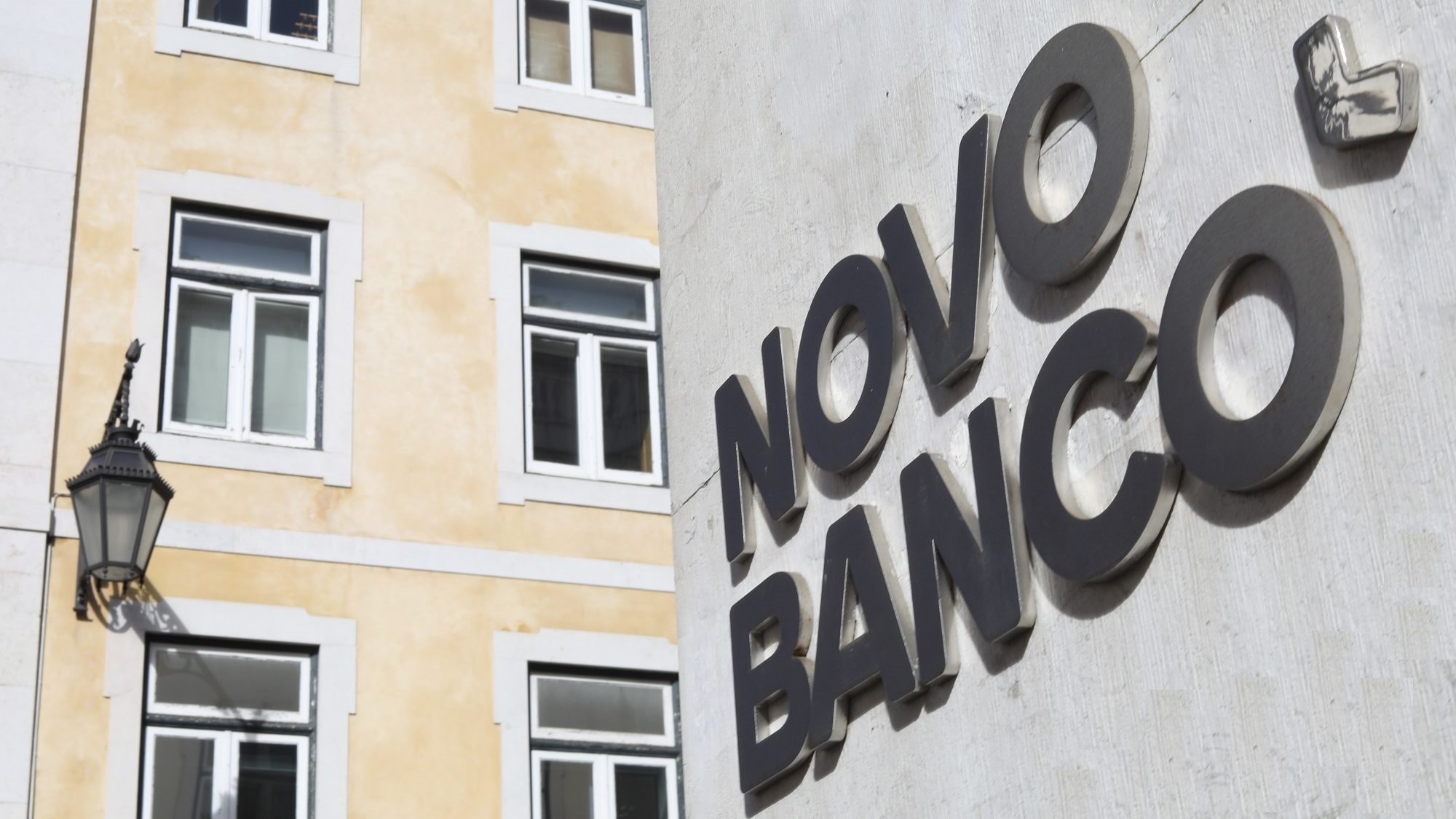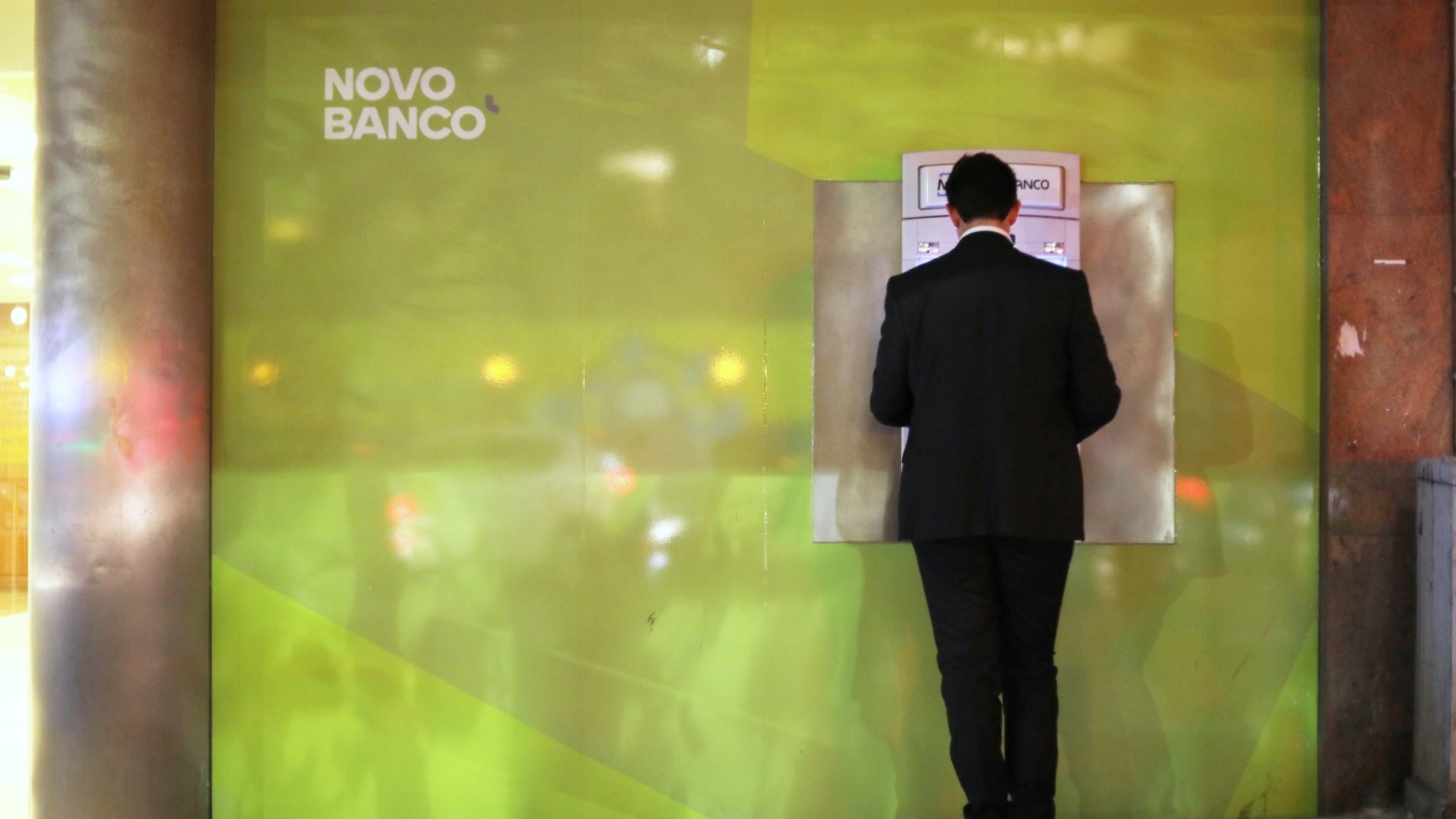Novo Banco’s creditors have been waiting 40 days for the official proposal
If there is no agreement with Novo Banco's bondholders, its sale will fall through. Almost 40 days after its "sale" to Lone Star, creditors are uncomfortable and leery, because they are clueless.
On March 31, around forty days ago, António Costa and Mário Centeno spoke to the press to officially announce the sale of Novo Banco to the North-American fund Lone Star — speaking, in particular, of the “voluntary” debt exchange for bondholders: “It is a balanced solution, the one which better protects taxpayers, the economy and the stability of the financial system”. However, in addition to ECB’s and DGComp’s authorizations, the sale is dependent on the “balanced solution” — that is to say, it is dependent on whether or not the creditors of Novo Banco are willing to accept the “voluntary” bond exchange which allows NB to have an additional cushion worth 500 million euros.
As far as ECO was able to ascertain when speaking with institutional creditors (which hold a large part of NB‘s senior bonds, which are still suspended and unavailable for negotiations in the market), they have not yet been officially or officiously contacted about the proposal which, if it is not successful, will make the sale of Novo Banco fall through.
Part of the group ECO spoke with includes NB‘s bondholders who lost a lot of money when the Bank of Portugal transferred 2.2 billion euros worth of bonds to BES. Because of this transfer, the group presented a preliminary injunction to stop the sale of Novo Banco, since the senior bond exchange will cause them to lose 500 million euros. Nonetheless, as ECO disclosed, the Bank of Portugal has said the sale should not be blocked because it is of “public interest”.
Three possible scenarios if the funds reject the “voluntary” bond exchange
If the group decides to refuse the Liability Management Exercise the Resolution Fund and the Bank of Portugal will propose, the sale of Novo Banco to Lone Star will fall through, leaving room for at least three possible scenarios:
- An alternative and amicable solution could be found, which naturally pleases the funds, although it is still not clear which solution that would be;
- The debt exchange operation would stop being voluntary and become mandatory, something the Government fears would further antagonize those investors, who are also buyers of the Portuguese public debt. This scenario would represent a forced bail in — which corresponds, in practice, to a new resolution of the institution headed by António Ramalho, as ECO disclosed last week;
- Liquidation will be the only solution if the acquisition does not happen. Before announcing the sale of Novo Banco to Lone Star, Brussels and DGComp set a deadline for the bank’s liquidation: August 3. Brussels froze the deadline after the conveyance announcement, but if the sale is not concluded, Brussels’ clock will start ticking again.
There is a general mistrust about Novo Banco‘s liquidation (at least not as a Portuguese authorities’ own initiative). Its resolution is also perceived by larger creditors as very unlikely, since “resolution laws impose losses to shareholders — in that case, to the Resolution Fund — and, in extreme situations, to depositors” owning more than 100 thousand euros.
Although this group of creditors from Novo Banco has the upper hand, they are aware of the fact that ultimately it is a decision to be taken by the Portuguese authorities and Government.


